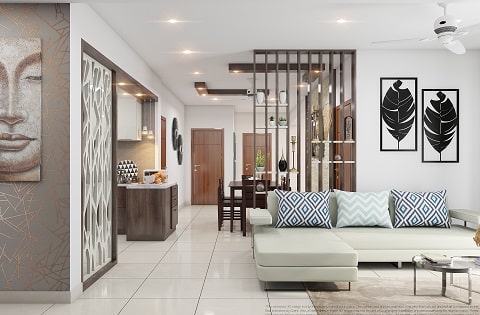Interior design goes beyond mere aesthetics; it is a transformative process that greatly influences the functionality and well-being of a space. While the visual appeal of a well-designed interior is undeniable, the practical benefits extend far beyond the surface.
One significant advantage of thoughtful interior design is the optimization of space. Through clever arrangement of furniture and strategic use of lighting, designers can enhance the functionality of a room, making it more efficient and comfortable. This is particularly crucial in today's compact living spaces, where maximizing every square foot is essential.
Furthermore, interior design plays a pivotal role in creating environments that promote health and well-being. From choosing ergonomic furniture that supports posture to incorporating natural elements that contribute to a sense of tranquility, designers can positively impact both physical and mental health.
In the realm of commercial spaces, effective interior design can boost productivity and employee morale. Thoughtfully designed workspaces that prioritize functionality and aesthetics create an inspiring atmosphere that encourages creativity and collaboration.
In conclusion, interior design is a multifaceted discipline that transcends the visual realm, offering practical benefits that enhance the way we live and work. From optimizing space to fostering well-being, the impact of a well-designed interior is profound and far-reaching.

